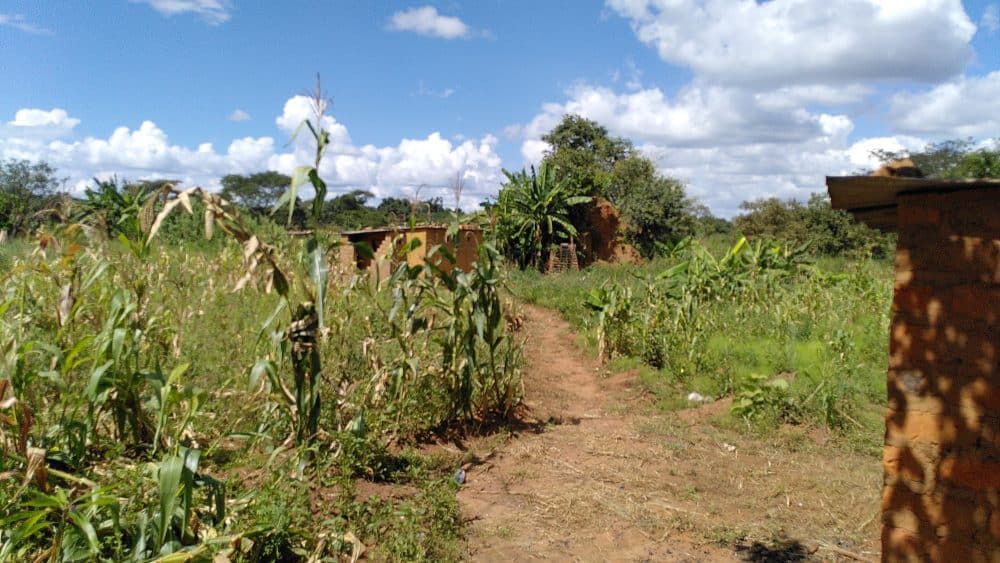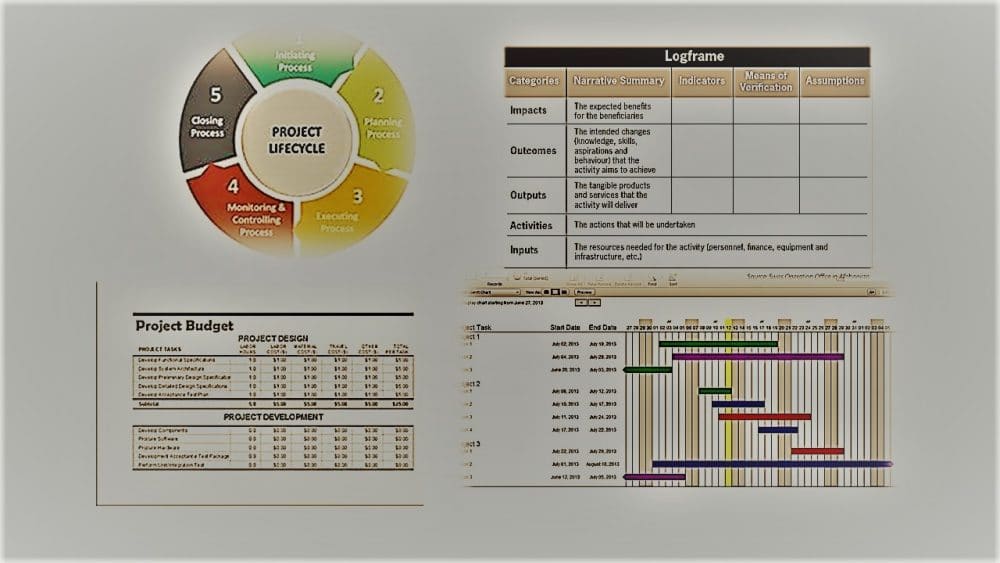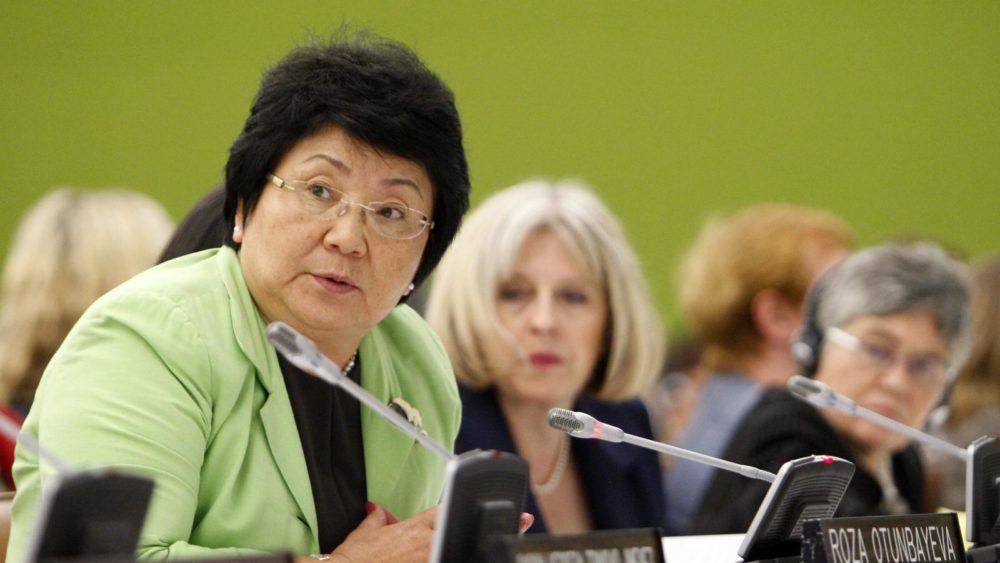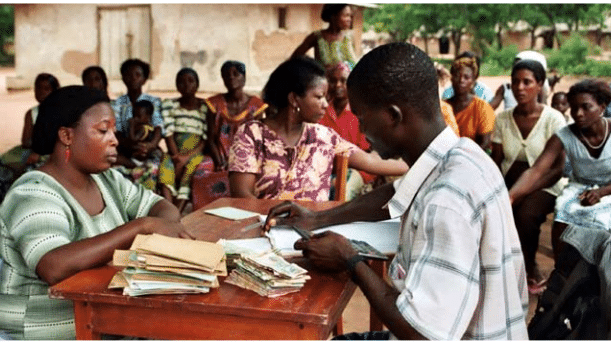MIGRANTS AND REFUGEES
EDUCATION AND DEVELOPMENT
SUSTAINABLE FOOD SYSTEMS
DEVELOPMENT EVALUATION
MEDIA AND DEVELOPMENT
LEADING ISSUES IN DEVELOPMENT STUDIES
GLOBAL ENVIRONMENTAL JUSTICE
MIGRANTS AND REFUGEES
EDUCATION AND DEVELOPMENT
SUSTAINABLE FOOD SYSTEMS
DEVELOPMENT EVALUATION
MEDIA AND DEVELOPMENT
LEADING ISSUES IN DEVELOPMENT STUDIES
GLOBAL ENVIRONMENTAL JUSTICE
Development assistance or ‘aid’ has been a prominent feature of relations between richer and poorer nations at least since the 1950s. DEV research evaluates the effectiveness of such assistance and asks whether it can be improved.
It considers, for instance, the effects on poverty, inequality, and women’s agency of the provision of small-scale loans (micro-finance). It does not just look at short-term but also at long-term effects, as in our research on Sweden’s aid to Ethiopia.
DEV research evaluates new aid modalities, such as cash-on-delivery to the government of Rwanda for improving its secondary schools. And it traces trends in donor countries to their influence on aid programmes. Good examples of this are our research on how international norms on gender inequality are given manifestation in aid projects, and on how a societal trend towards managerialism plays out in the development sector.
DEV’s Development Evaluation group is part of the Centre for Development Impact (CDI) which is a joint initiative with ITAD and IDS. Read more here.
More from this theme
Publications
Projects
People
-
![Gradient-aspect-ratio-16-9]()
The Project in International Development Theory and Practice
View >
-
![IMG_20240318_143343]()
Proving Impact in Child Rights Governance
Read more >
-
![a selection of four graphs]()
The Project as a Format in International Development Practice
Read more >
-
![rwanda-pbr-scaled-aspect-ratio-16-9]()
Payment by results in international development
Read more >
-
![glonotest-aspect-ratio-16-9]()
Global Norms and Heteregenous Donor Organisations
Read more >
-
![Etiopien__Sida_Styrleseresa_1965_-PR–aspect-ratio-16-9]()
Evaluation of Sweden’s long-term development cooperation with Ethiopia
Read more >
-
![Picture1-aspect-ratio-16-9]()
Impact Evaluation of Sharique – a governance programme in Bangladesh
Read more >
-
![Capture-aspect-ratio-16-9]()
Systematic Review of Reviews of Financial Inclusion Impact
Read more >
-
![]()
-
![]()
-
![]()
-
![]()
-
![]()
-
![]()
-
![]()
-
![]()
-
![]()
-
![]()
-
![]()
Publications
Projects
People
-
![Gradient-aspect-ratio-16-9]()
The Project in International Development Theory and Practice
View >
-
![IMG_20240318_143343]()
Proving Impact in Child Rights Governance
Read more > -
![a selection of four graphs]()
The Project as a Format in International Development Practice
Read more > -
![rwanda-pbr-scaled-aspect-ratio-16-9]()
Payment by results in international development
Read more > -
![glonotest-aspect-ratio-16-9]()
Global Norms and Heteregenous Donor Organisations
Read more > -
![Etiopien__Sida_Styrleseresa_1965_-PR–aspect-ratio-16-9]()
Evaluation of Sweden’s long-term development cooperation with Ethiopia
Read more > -
![Picture1-aspect-ratio-16-9]()
Impact Evaluation of Sharique – a governance programme in Bangladesh
Read more > -
![Capture-aspect-ratio-16-9]()
Systematic Review of Reviews of Financial Inclusion Impact
Read more >



















